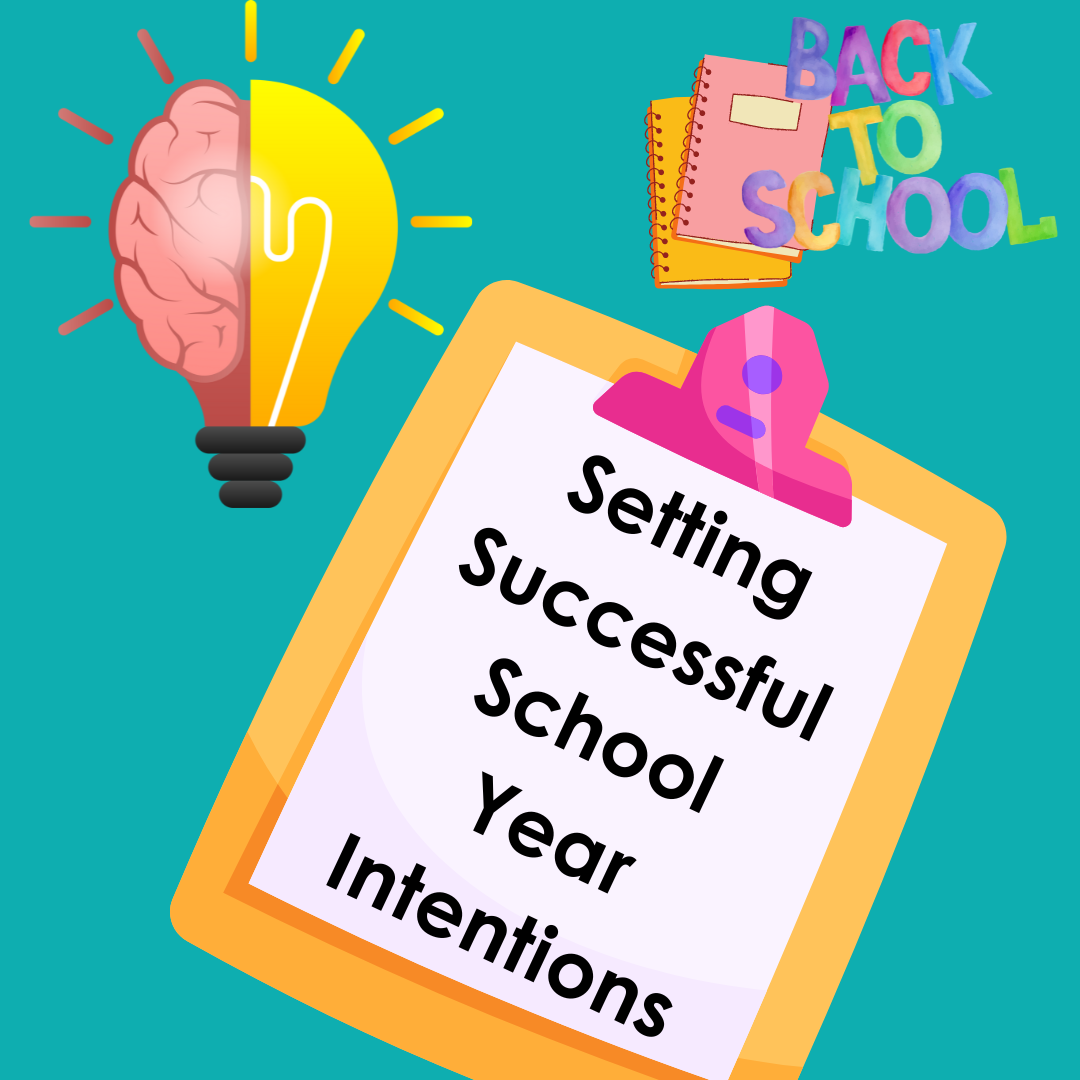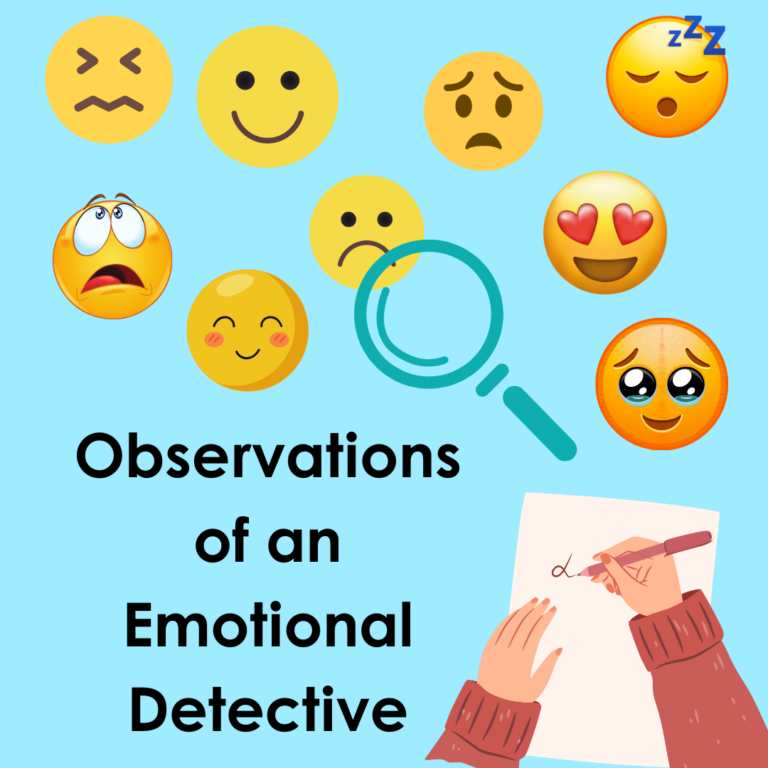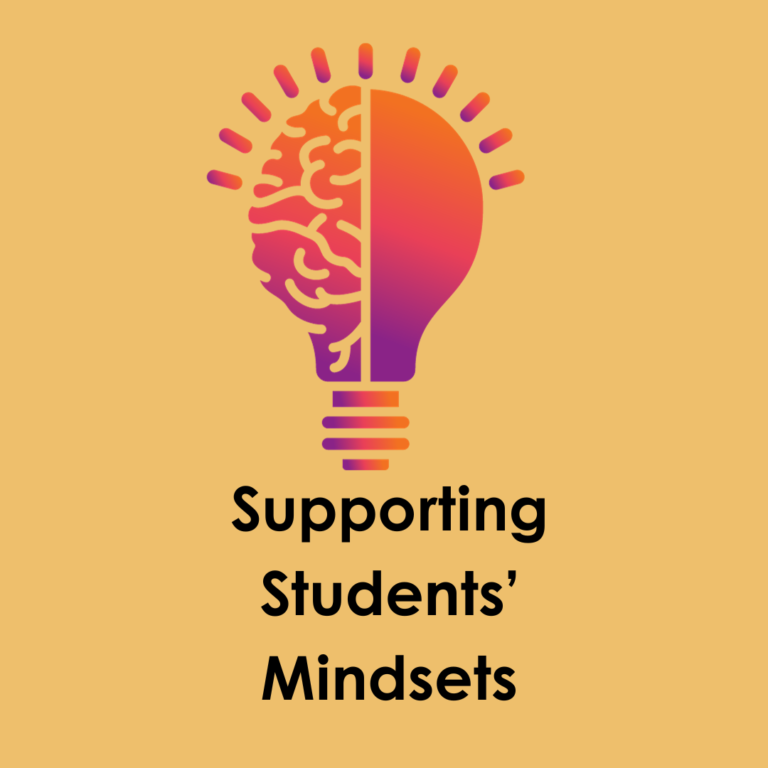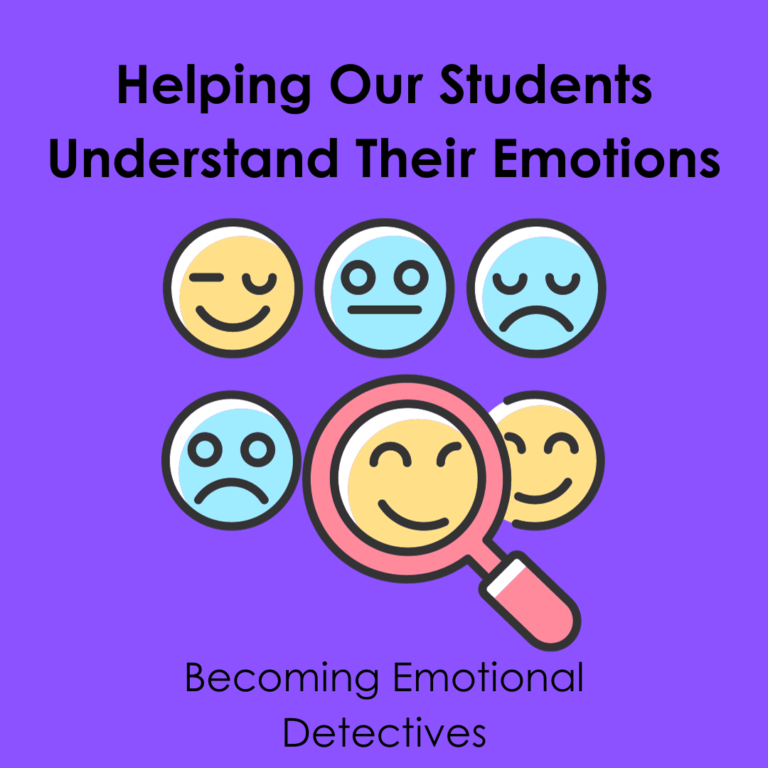Setting successful school year intentions
Now that we have begun to put routines into place in our classrooms, it’s time to start thinking about doing the essential work to support our kids EACH DAY when they show up. Get ready to make some plans!

What is your intention for the upcoming school year? To start, an intention is not just wishful thinking or hoping for a better school year than the last one. It’s much, much, more. Setting the intention for a new school year is focused and specific. It is formed by having a clear picture in your head, that is supported by your heart. Instead of, “I hope for a year of less behavior issues,” it could be “I will set a positive tone in the classroom right away, through meeting my students at the door with a smile and focusing on connection and relationships in our morning meetings.”
For us, our intention for the 23/24 school year is grounded in the equity and transformative social emotional learning work we integrate into ALL areas of our time with kids. It’s working to learn and see perspectives different from our own…. Incorporating materials representative of our students and families…. Prioritizing reaching out to our families who go unheard year after year in our school system….We consistently ask ourselves, as privileged, white middle class women, what can we do in our classroom and school to make sure ALL students feel seen and heard?
- Who’s voice is being heard?
- Who’s voice is not heard?
- Who is represented and who is not?
The answers to these questions will guide our work in the next school year, and beyond.
For us, social justice issues, equity, and belonging for all students and families is our intention. Our audible lists, podcast downloads, and our Libby/OverDrive que are filled with resources to support our understanding and make our plan. Here are some of our favorite resources we’ve recently devoured:
When they call you a terrorist
We want to do more than survive
These are just a few resources that fit with our intention for the school year. Maybe you have different ideas about your intention for next year. Or maybe you are so tired you haven’t thought about it yet. It’s all good! Here are some questions to consider as you begin to positively visualize the upcoming school year and narrow down your focus:
- What is an area of education and teaching you want to focus on this year? Be specific! Narrow it down to a specific area or domain you want to improve in.
- From your perspective, what is the biggest need kids will come to you with in the fall? How will you support them?
- What is something you have always wanted to try? Think about an instructional or engagement strategy such as a room transformation, or incorporating closing circles, that you would like to implement?
- Is there a new skill you picked up during the pandemic or last year you would love to bring with you into the classroom next year? We all learned some crazy new tech skills! This is an area our kids will expect to continue to engage in and they are eager to grow their skills.
- Is there an area of Career and College Pathways you would like to explore to support your students? Students will strive for the opportunities you present them with. If they don’t know what’s available, how will they dream big and develop hope for their future?
Remember, to be most effective, you don’t have to do it all. Think about your non-negotiables as an educator. This will help you set your intention. Hopefully after summer, you are in a more relaxed state than you finished last school year with. This is when our creativity flows. Be open and ready for inspiration wherever you are. Keep notes in your phone as the ideas come to you. Then, when you’re ready, take inventory of your list. What will serve your students, speak to your heart, and help you as you create professional goals?
Confidence Coaches 4 Kids are educational consultants. To serve students, we support educators in the following areas: Effectively building trusting relationships; and Integration of Social and Emotional Learning in all content areas; and Engaging instructional strategies.





